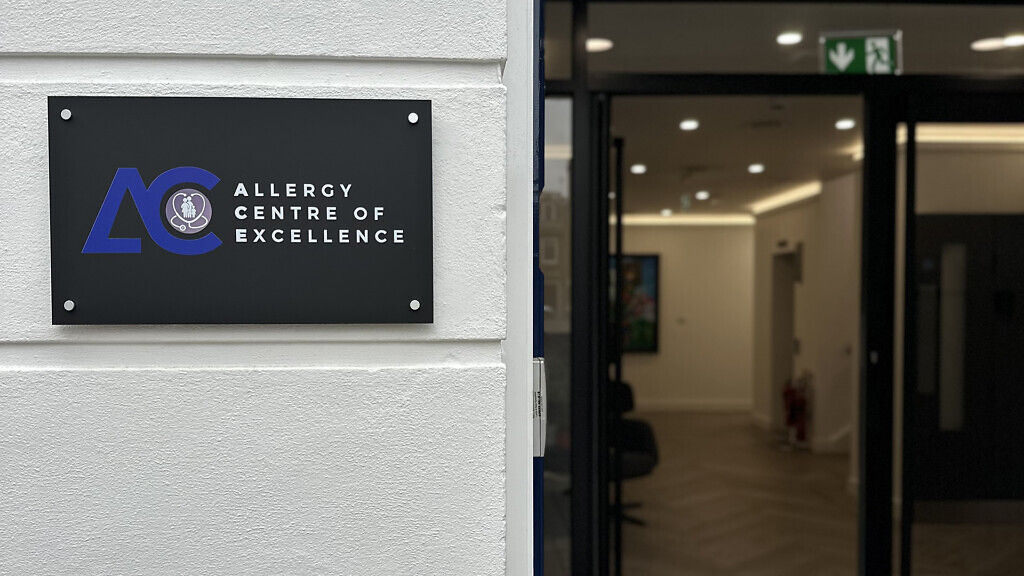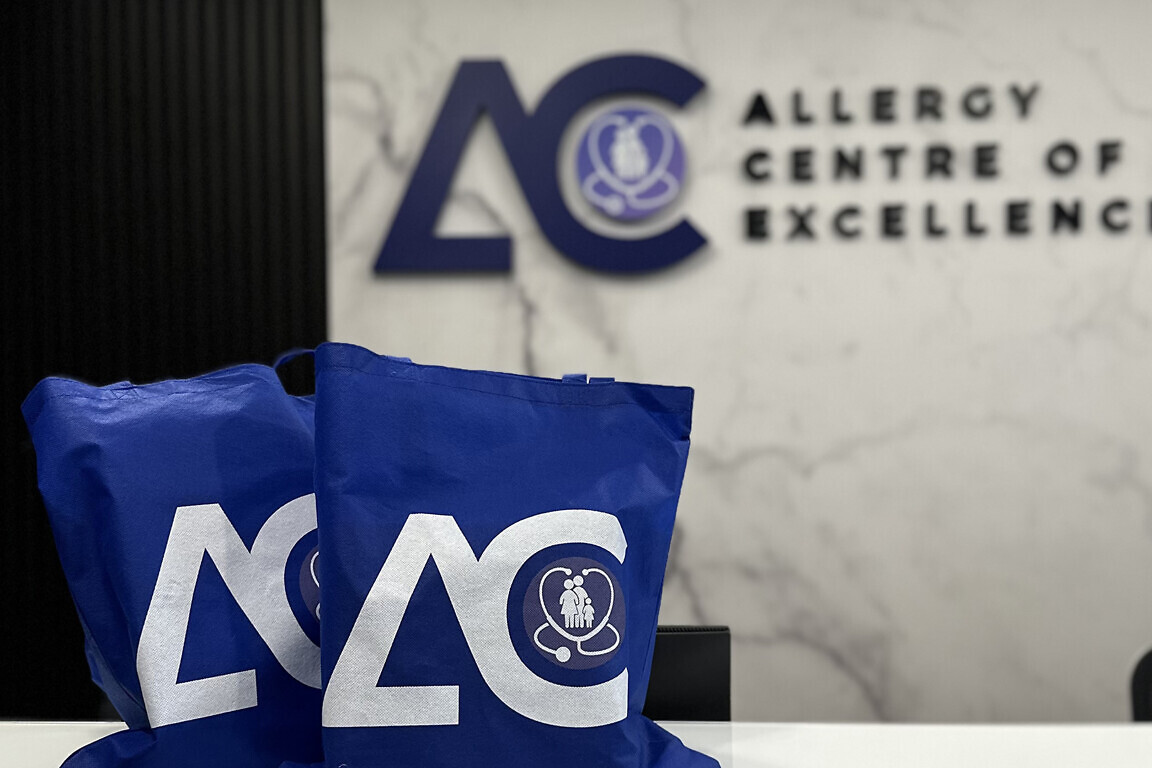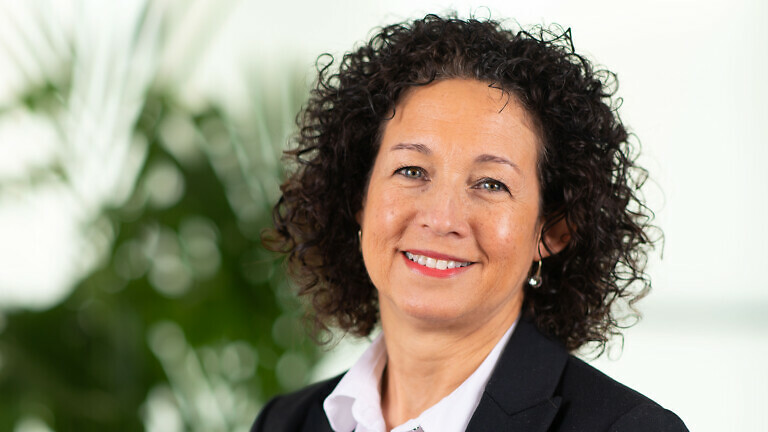The latest innovations in healthcare, including tumour-infiltrating lymphocyte therapy, allergies, cancer support and drop-free cataract treatment.
HCA Healthcare trials tumour-infiltrating lymphocyte therapy
US-owned private hospital operator HCA Healthcare will treat a metastatic lung cancer patient with tumour-infiltrating lymphocyte (TIL) therapy for the first time as part of a clinical trial at its research arm, Sarah Cannon Research Institute UK.
TIL therapy leverages the body’s own immune cells called tumour-infiltrating lymphocytes, which are naturally present within tumours and trained to target cancer cells. In February 2024, the Food and Drug Administration (FDA) approved TIL therapy as the first cellular therapy to treat solid tumours, initially for melanoma treatment under the name Lifileucel (Amtagvi).
At Sarah Cannon Research Institute UK, clinical trials are now exploring TIL therapy’s efficacy in advanced and metastatic non-small-cell lung cancer. The patient was referred from the NHS for participation in this groundbreaking clinical trial.
“TIL therapy represents a potential new treatment option for patients whose advanced cancer has become resistant to other therapies,” said Anja Williams, consultant medical oncologist at Sarah Cannon Research Institute UK. “By using the patient’s own immune cells that are already trained to target their specific cancer, we’re essentially harnessing and enhancing the power of their immune system to target the disease,” she continued.

First purpose-built food allergy centre opens
Allergy specialists have opened the UK’s first purpose-built allergy centre for both children and adults in Harley Street Health District. The Allergy Centre of Excellence (ACE) combines diagnostic testing, food challenges, oral immunotherapy, biologics, outpatient consultations, a dedicated day-case unit and an on-site pharmacy.
One of the few centres licensed to deliver oral immunotherapy in the UK. Its allergy pharmacy will support early access to therapies and facilitate clinical research into new treatment options – including recently approved products such as EURneffy, a needle-free nasal spray for anaphylaxis.
“Food allergies now affect more children than ever, but services simply haven’t kept pace. Our new centre gives families across the country access to the care they need, when they need it,” said Adam Fox, founding director of the centre.
Fujifilm partners with Trekstock Cancer Support
Fujifilm UK and Fujifilm Healthcare UK have signed a three-year partnership with UK-based charity Trekstock Cancer Support to support patients with physical spaces in NHS cancer specialist treatment centres, where people in their 20s, 30s and 40s can take respite from treatment on the adult ward.
What are called Wellbeing Rooms will offer a more comforting and age-appropriate environment for people away from busy wards. These spaces will be brought to life through the use of Instax photo prints and calming wall art.
“By applying our innovative technologies – from our heritage in photography and print, to our comprehensive healthcare and diagnostic imaging offerings today – this collaboration opens exciting opportunities to create unique projects together, that aim to support Trekstock in reaching people living alongside cancer and beyond,” said Tom Watanabe, managing director of Fujifilm UK and chairman of Fujifilm Healthcare UK.

Optegra launches drop-free cataract treatment
Eye care specialist Optegra has launched drop-free cataract surgery for NHS patients across all its hospitals and clinics.
The firm has already offered this to more than 1,000 patients across some of its hospitals, and it says that results have been overwhelmingly positive. The cystoid macular oedema rate for these patients receiving dropless aftercare is less than 0.3%, which is a significant improvement compared to 1-3% with traditional post-operative drop regimes.
“For many of our patients over the years, feedback has been that the intense drop regime post-surgery, some of which can sting, has been more challenging than the actual treatment itself,” said Alastair Stuart, UK medical director and consultant ophthalmic surgeon at Optegra.
“By providing a steroid and antibacterial treatment during the procedure, all this medication is provided in one go, and so once the treatment is complete, the patient can relax without any further action and with the reassurance that all medications have been provided,” he continued.



